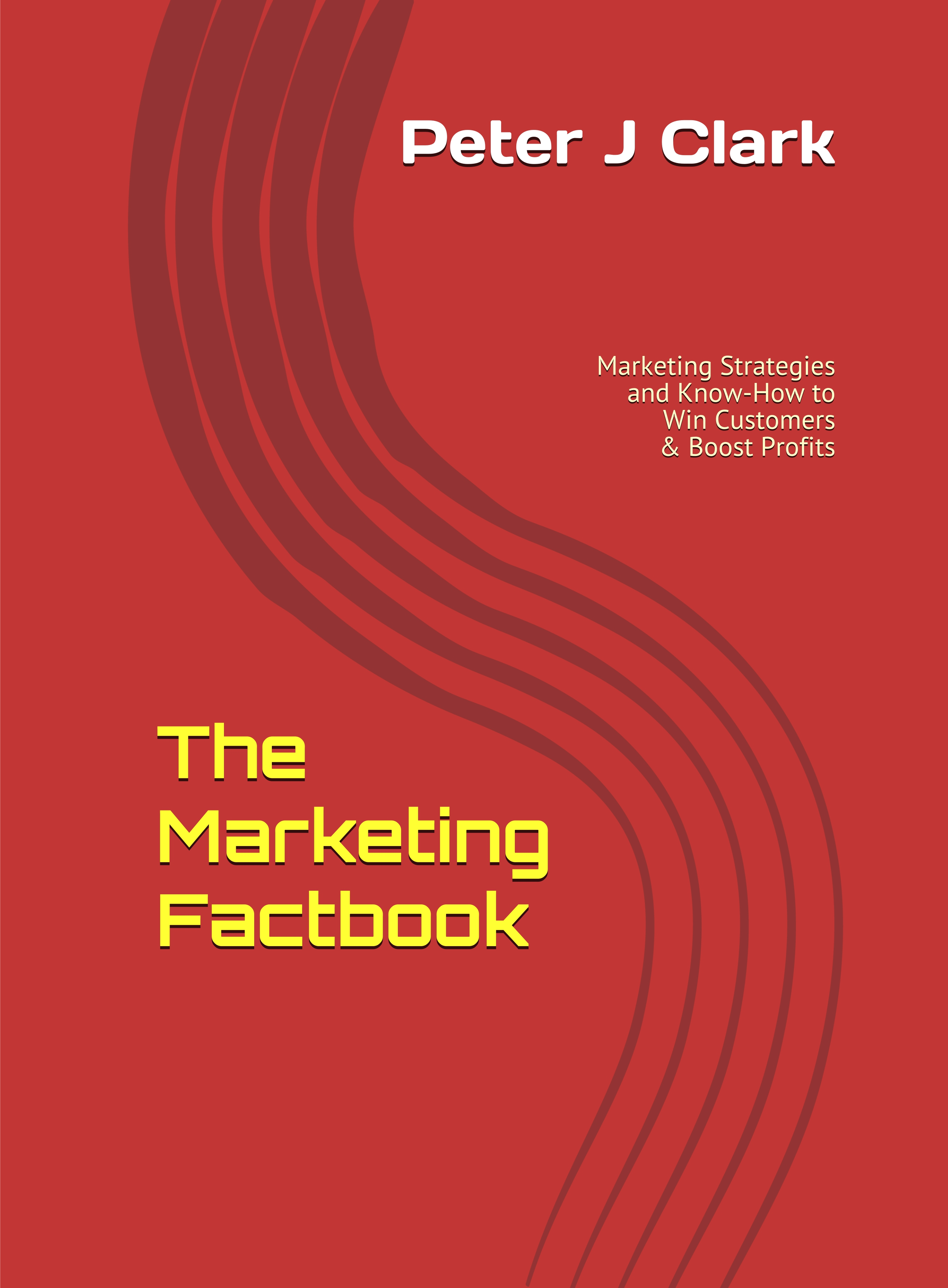Loyalty schemes aren't engaging enough
Loyalty programmes have not evolved with the digital age and are failing to engage consumers, with active participation rates often being dangerously low and 89% of social media opinions about loyalty programmes being negative, according to a research report from Capgemini Consulting.
The report, entitled 'Fixing the Cracks: Reinventing Loyalty Programmes for the Digital Age', researched the loyalty programmes of 160 global companies across 7 sectors including Retail, Banking, Consumer Products, Telecom, Airlines, Hotel Chains and Consumer Electronics. It also analysed some 40,000 consumer conversations on social media to gauge customer sentiment toward loyalty programmes.
The research revealed that most loyalty programmes follow a basic transactional philosophy where rewards are based on purchase. Only a small minority of programmes recognise and reward consumers for engaging and interacting with the brand in other meaningful ways. Furthermore, most loyalty programmes lack personalisation and fail to offer cross-channel redemption services.
The negative social media sentiment on loyalty programmes stemmed mainly from the lack of reward relevance, rigid reward structures, user experience issues with online channels, and poor customer service quality levels.
Key findings of the study reveal that loyalty programmes are not evolving at the same pace as the digital age:
- Just 11% of loyalty programmes offer personalised rewards based on a customer's purchase history or location data.
- 79% of loyalty programmes use the mobile channel, and yet only 24% allow redemption through it
- 97% of loyalty programmes are based primarily on purchases made by consumers.
- Only 16% of loyalty programmes reward customers for activities, such as taking online surveys, rating and reviewing establishments or referring friends to the programme.
- Only 14% employ gamification mechanisms to reward customers.
Focus on engagement
The report recommends that loyalty programmes should be seen within the larger context of a marketing strategy that is focused on driving customer engagement. Organisations need to look at each step of the loyalty programme, from design to evolution, through the prism of engagement.
"Brands need to revisit their approach to loyalty. The key is to integrate the loyalty programme into the overarching customer experience and to reward engagement as well as the simple transaction," explained Mark Taylor, Global Lead for Customer Experience Transformation at Capgemini Consulting. "Additionally, since relevance is the highest form of customer intimacy, offering advanced levels of customization and tailored experiences will enrich loyalty programmes and further encourage customer engagement."
According to the research, fewer than one in ten loyalty programmes (9%) offer point redemption across all channels. To be commercially successful, programmes must engage customers across every customer touch point.
A good example
The study cites Sephora's Beauty Insider loyalty programme which matches loyalty accounts with Sephora's mobile app, as well as the Apple Passbook mobile wallet. This allows Sephora to provide a seamless purchase experience, where customers can track their purchases, view offers, and redeem reward points on the go via their mobile devices. The strategy has worked, with Sephora's Passbook users purchasing twice as much and twice as frequently as the average Sephora customer.
To deploy successful, customer-engagement focused loyalty programmes, Capgemini believes the following strategies should be employed:
- Integrate loyalty programmes with the overall customer experience
- Deliver personalised customer experiences
- Conduct "Social Listening" to understand customer needs
- Reward members for social media engagement and advocacy
- Use gamification techniques to drive deeper participation
- Provide value beyond traditional rewards
Sources: Capgemini / The Marketing Factbook.
Copyright © 2015 - 2025 The Marketing Factbook.
Categorised as:
- Customer Experience
- Customer Loyalty
- Knowing The Customer
- Marketing Know-How
- Marketing Technology
